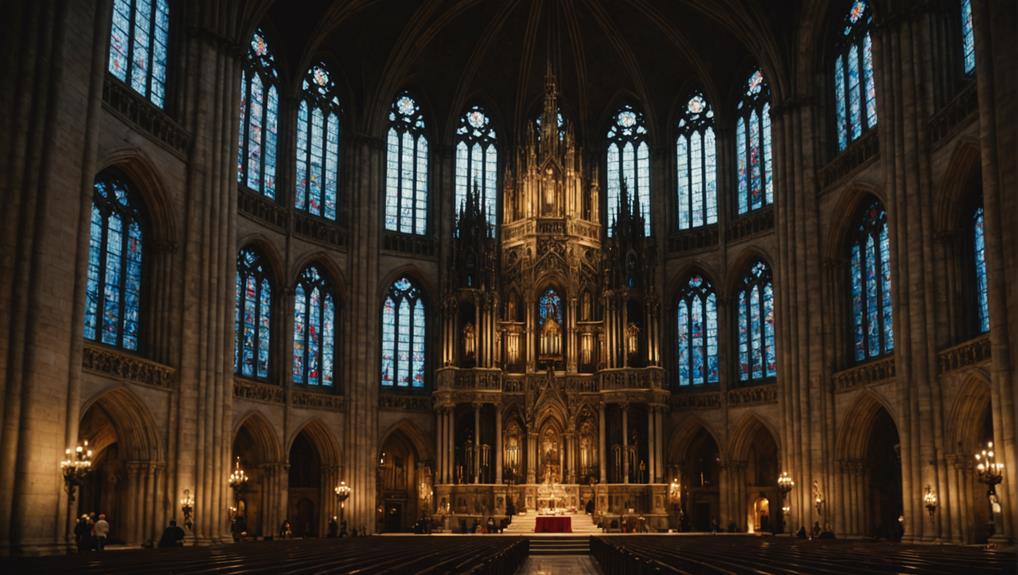The Renaissance and the Reformation were two pivotal periods in European history that profoundly reshaped the cultural, artistic, religious, and intellectual landscapes of the continent. Spanning from the 14th to the 17th century, the Renaissance was characterized by a revival of classical learning and values, leading to unprecedented advancements in art, science, and thought. This era of rebirth saw the emergence of iconic figures like Leonardo da Vinci, Michelangelo, and Galileo, whose works laid the foundations for modern Western culture.
Parallel to these cultural transformations, the Reformation introduced a radical shift in the religious fabric of Europe. Sparked by Martin Luther’s 95 Theses in 1517, this movement challenged the hegemony of the Catholic Church and led to the creation of Protestant denominations. The ensuing religious conflicts and debates not only redefined faith and practice but also catalyzed significant political and social changes.
Together, the Renaissance and the Reformation heralded the transition from the medieval world to the early modern age, setting the stage for the Enlightenment and the subsequent evolution of contemporary society. This page delves into the intricate tapestry of these eras, exploring their profound contributions to art, innovation, and religious transformation.
The Renaissance: Art and Innovation
The Renaissance was a period of unparalleled artistic and intellectual achievement, originating in Italy and spreading throughout Europe from the 14th to the 17th century. This cultural rebirth was marked by a revival of classical learning and values, leading to significant advancements in art, science, and thought. Pioneering figures like Leonardo da Vinci, Michelangelo, and Raphael transformed the landscape of visual arts with their mastery of perspective, anatomical precision, and innovative techniques. Concurrently, scientists and thinkers such as Galileo Galilei and Nicolaus Copernicus revolutionized our understanding of the natural world, laying the groundwork for modern science.
The impact of the Renaissance extended beyond the realm of art and science, profoundly influencing society and culture. The patronage system, with influential families like the Medici and popes like Julius II, played a crucial role in supporting and disseminating Renaissance art and ideas. Innovations in education, literature, music, and architecture flourished, reflecting the era’s humanist values and its emphasis on the potential of human achievement. The Renaissance set the stage for the modern world, fostering a spirit of inquiry and creativity that continues to inspire us today.
The Reformation and Religious Wars
The Reformation was a monumental religious movement in the 16th century that fundamentally altered the religious and political landscape of Europe. Sparked by Martin Luther’s 95 Theses in 1517, it challenged the authority and practices of the Catholic Church, leading to the rise of Protestant denominations. Early reformers like John Wycliffe and Jan Hus laid the groundwork for Luther’s ideas, which spread rapidly due to the invention of the printing press. The Reformation not only redefined Christian doctrine and practice but also ignited a series of conflicts and debates that reshaped European society.
In response to the Protestant Reformation, the Catholic Church initiated the Counter-Reformation, marked by the Council of Trent, the establishment of the Jesuits, and increased censorship through the Inquisition. The religious turmoil of the period culminated in a series of wars, including the German Peasants’ War, the French Wars of Religion, and the Thirty Years’ War, which had lasting effects on the political and social structure of Europe. The Peace of Westphalia in 1648 ultimately ended these conflicts, establishing the principle of state sovereignty and paving the way for the modern state system. The Reformation’s legacy endures in the diverse religious practices and secular governance we see today.

